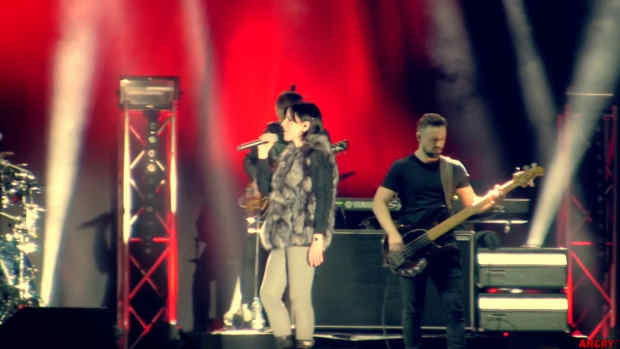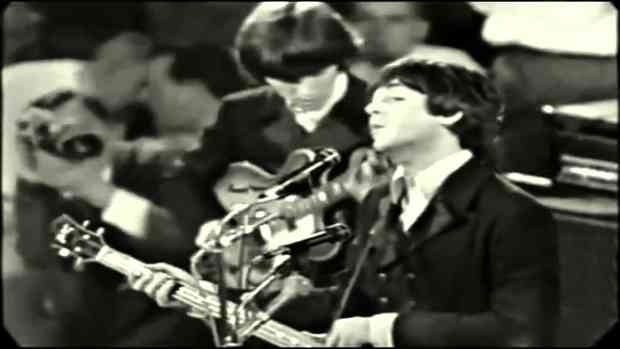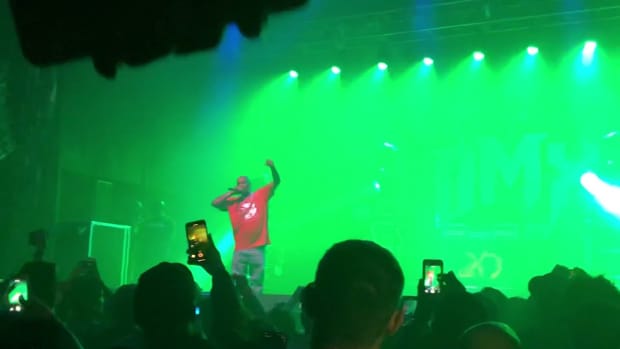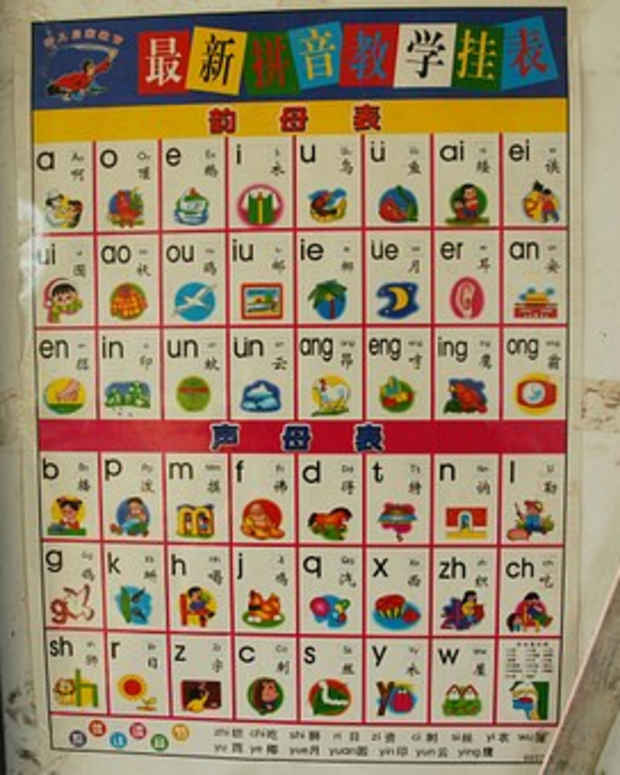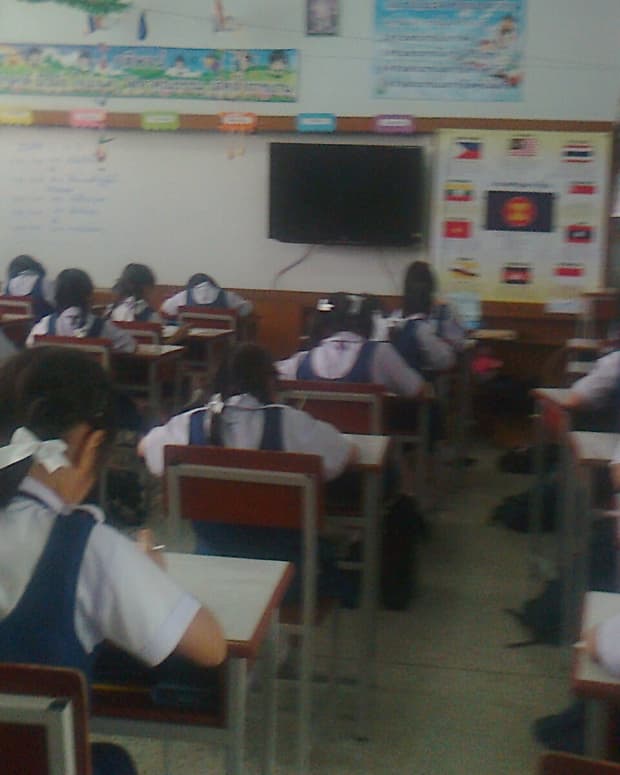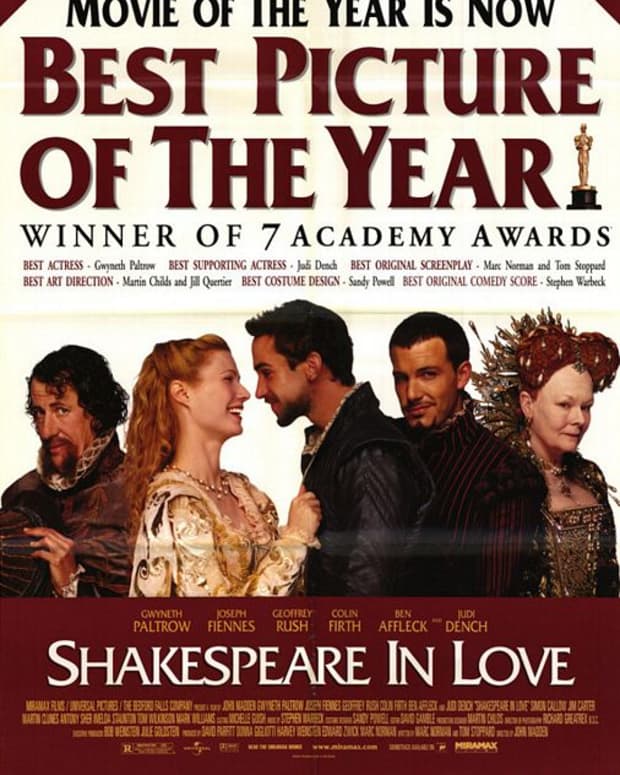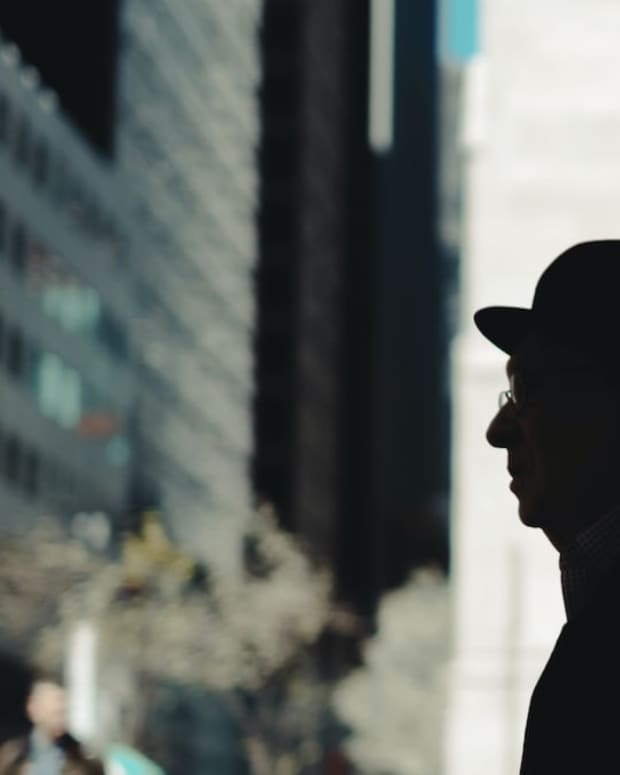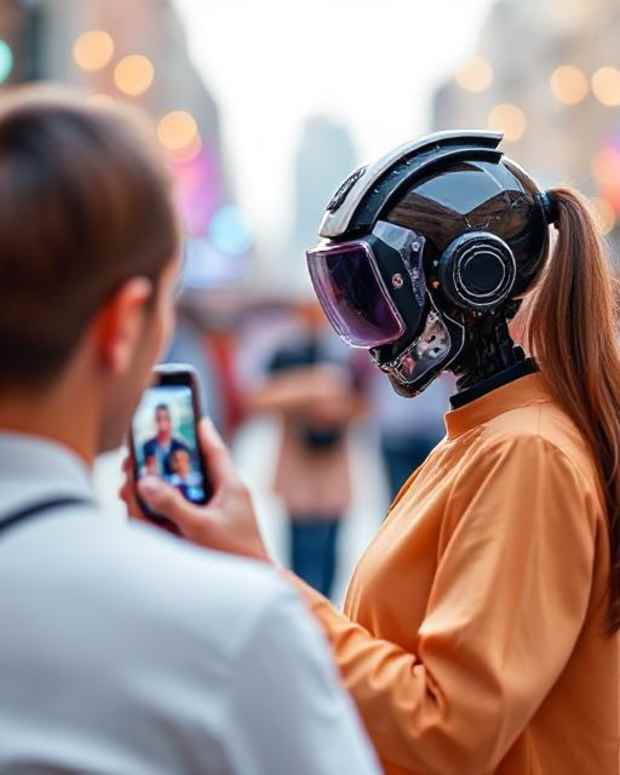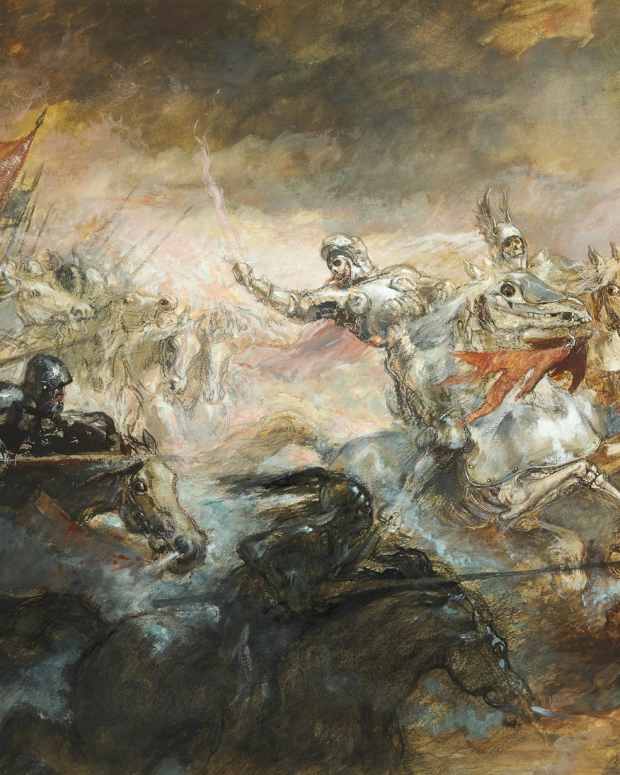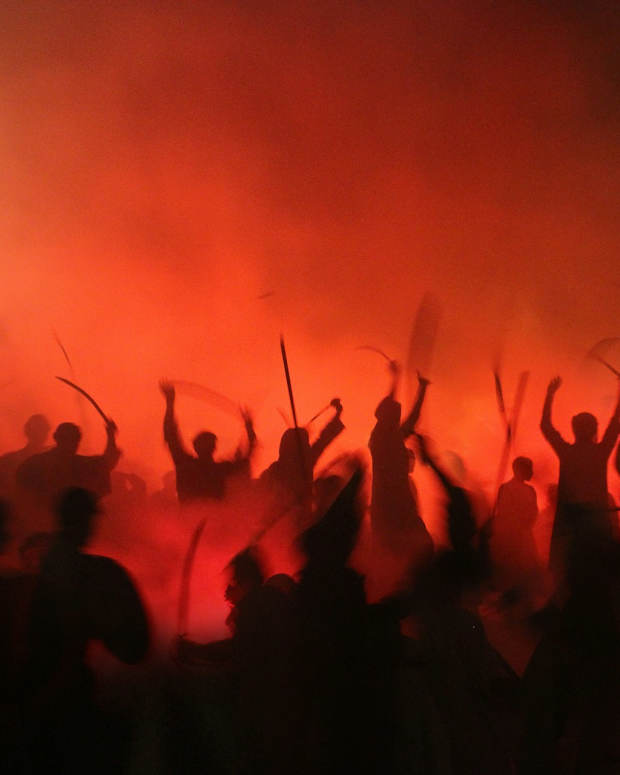Freedom of Speech Restrictions
Introduction
When I first thought about this question, I said freedom of speech should never be restricted. Everyone has the right to say whatever, whenever they want.Then I remembered about not yelling "fire" in a movie theater. Or obscenity laws, certainly child pornography. We are a nation of laws, some of which we don't agree with, but supposedly protect us and benefit us. Freedom of speech is contained in the Bill of Rights, the First Amendment to the Constitution, so obviously its pretty important, and apparently more complicated than I thought. The Supreme Court has ruled on arguments concerning the interpretation of the First Amendment.There are permissible restrictions on speech, or expression, which is also included.So I checked out what are the restrictions on speech to see what they are. According to the American Library Association there are 7 general areas of restrictions to speech. They can be found here. They are threats, violation of copyright rules, libel and slander, child pornography, obscenity, and fighting words. I'll look at a few of them.
- First Amendment and Censorship | Advocacy, Legislation & Issues
First Amendment Resources | Statements & Core Documents | Publications & GuidelinesAmerican Library Association has long championed the freedom of the press and the freedom to read. ALA's Office for Intellectual Freedom collects resources abo
"Fighting Words"
"Fighting words" is a bit ambiguous. According to Nahmod Law they, "by their very utterance inflict injury or tend to incite an immediate breach of the peace..." So yelling profane words about someone's mother in his face constitutes "fighting words." But the same insult from across the street does not. Getting in someone's face physically for any type of disagreement would be threatening.Voiced from across the street may be less threatening but no less contemptible.This is why the antagonism of the Westboro Baptist Church, the bullying and extremely offensive signs protesting at military funerals were not restricted from first amendment protections, although most Americans ( myself included) found their actions detestable. A Penn State news article considered blasphemous speech.
- Probing Question: Are there limits to freedom of speech? | Penn State University
The Jan. 7 massacre of 12 journalists in Paris has renewed debate about freedom of expression. What do the U.S. Constitution and courts say about the publication of inflammatory and offensive material?
Actions
So free speech is also freedom of expression, which includes actions. This can be writing books, making movies, carrying a sign, simple as a body gesture or a facial expression.Or as flagrant as burning the American flag, which is not restricted speech, but the perpetrator can be arrested for illegally starting a fire. I don't agree with burning the flag myself, but I don't think the action should be restricted. Other activities may have have restrictions placed upon them by Supreme Court rulings. The government may restrict the time, place, and manner on speeches as long as the restrictions are due to those three criteria, not based on what the speech says, and that there are alternative ways of expressing the views. Examples of this are using a loudspeaker in a residential area at night or picketing and demonstrations that block homes or traffic. This is common sense and safety. These actions could be taken more responsibly without the loss of the actions integrity.
- What Does Free Speech Mean? | United States Courts
Among other cherished values, the First Amendment protects freedom of speech. Learn about what this means.
Private Restrictions
Freedom of expression restrictions apply not just on public land. Speech on government-owned sidewalks and parks is protected by the First Amendment. However, government employees can be fired for saying things that interfere with the works efficiency. Free speech applies when the government is trying to restrict it.There are restrictions in private homes and businesses.Obviously, and rightly, we have the right to restrict speech, expression, in our own homes. But surprisingly, in a private workplace the employer may limit speech, and an employee can be disciplined for their words or actions if they counter established business policies.The employer's restrictions may not cross other freedoms of speech. Also, while in school, students have limited free speech. A student may be disciplined for vulgar, obscene remarks or speeches, offensive posters or yearbook writings, or actions that the school finds to be inappropriate. Yet off of school grounds some of these actions are protected by free speech. This article looks at it further.
- Is There Free Speech at Work? | HR Examiner
Saying the supervisor is a wing-nut, even to another co-worker, is probably not protected until there is something more that shows the employee was trying to get other employees to change working conditions.
Airwaves
Like there are freedom of speech restrictions on government properties, so too are there limits on obscene, inciting, or threatening speech over the air. A government agency, the Federal Communications Commission, controls broadcast content, so obscenity is limited through the airwaves. But curiously, the internet has no obscenity restrictions. This hardly seems fair, but so far the Supreme Court has made no ruling to curb the internet as an outlet for smut. However, the site's owner, such as Mark Zuckerberg of Facebook has the right to censor or delete the content. Again, in doing so they must take care not dismiss the post by crossing any of the established rights of free speech. As with many restrictions on free speech, time, place, and manner way heavy in the decision. Apparently social media is treated as if were in an actual, private chat room.
Pentagon Papers
A specific instance where the clash of free speech restrictions came to a head,was in the early 1970's following the leak of the "Pentagon Papers." The papers were a secret history of America's war in Vietnam and they contained unflattering images of the government's handling of the war. The New York Times sought to publish them. The government tried to restrict them on the grounds of national security. It was up to the government to prove to the court that the publication would "surely result in direct, immediate, and irreparable harm to the nation." It could not do so. In denying the restriction of the papers release, the court allowed America to be privy to the duplicity and failures of its government's policies.To have restricted the publication, the expression, of the papers would have benefited the government and damaged the faith of the people.The following link explains.
Use of Restrictions
The government, in that instance, wanted restrictive speech not to protect its citizens but to use it to cover-up its misdeeds. It abused the intended authority of the First Amendment rights and its permissible restrictions on expression. Restrictions can be bent, or be intended to bend. There are those who will attempt to circumvent restrictions and take advantage of the loose interpretation of the original amendment. Politicians have vast ground in the use of the freedom of speech and know the avenues and paths around its restrictions. We must be careful of what we accept as free speech, and perhaps even more careful of what expressions need to be restricted, if any at all. The price that is paid for free speech is the consequence of that speech. According to Jeffrey Miron " if government can determine what constitutes acceptable speech, it will use that power to restrict speech in inappropriate ways." We, in turn must be watchful over those who are watchful over us.
Summary
Many of the restrictions to speech, or expression, that we now have, are common sense. Most are generally accepted or at least, tolerated. Though challenges to free speech exceptions do occasionally arise, these often deal with the new technologies of speech.Phones, internet, and social media are new faces in the crowd. Restrictions to free speech have been around a long time. To some, there may be obvious needed restrictions - expressions that harm children, lies and defamatory remarks. Others restrictions may be more difficult to define - "fighting words" and incitement to lawless action. To some people no restrictions are acceptable. Either way, there are legal, permissible restrictions on free speech, from town, state, and federal governments. If you agree with the restrictions, good. If you don't, then speak up, you have the right.
- 6 Surprising Exceptions to Freedom of Speech | The Saturday Evening Post
Your right to free speech is limited by where you are, what you say, and how you say it.
Conclusion
After having looked more closely at the question "Should Free Speech Ever Be Restricted?", I believe that there are serious and valid times when speech should be restricted. I have previously cited instances where I think the restriction was correct, presented one where I think the attempted restriction was wrong. I think that we should have as much free speech as possible, but there are times when the free speech of one person intrudes upon the rights of another person. The best way to resolve this is to do what the courts have done which is to accommodate for over-lapping liberties. People's rights are adjusted, not eliminated, to compensate for dissolving freedoms.The First Amendment freedoms are first because they are the most important.The Constitution founders allowed for change. It is not to protect the majority, but the minority. Restricting freedom of speech, when wisely done, does not dull the freedom, it sharpens it.



